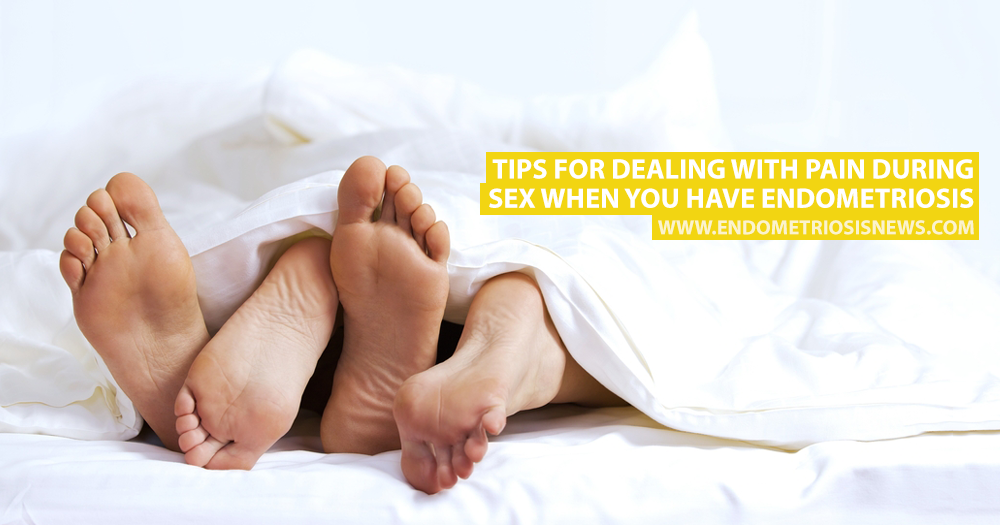While many women associate endometriosis with painful periods, pain can occur at other times including during intercourse.
MORE: New classification system for endometriosis surgical outcomes and complexity being developed.
According to endometriosis.org, pain during sex (dyspareunia) occurs for women with endometriosis because the endometriosis nodules are being stretched and pulled during intercourse. The pain for some women may only occur during sex, whereas others may still feel pain a day or two later. The times of the month it occurs may vary considerably as well, with some women only experiencing pain during sex before or after their periods, but others may find sex painful at all times. The pain ranges in severity for women, with some reporting a dull ache and others reporting intense sharp, stabbing pains.
Pain during sex can have a devastating effect on couples, particularly if they are not open and willing to communicate with each other. Often the partner is reluctant to have sex because they don’t want to cause any physical pain and women living with endometriosis often try to ignore the pain to please their partners, only to compound their misery.
Explaining your fears when it comes to painful sex will help both of you better understand the situation. You may need to experiment to find the least painful (or ideally, non-painful) times of the month to have sex. Some women find the situation is much better if they use lubricant or engage in lots of foreplay before intercourse. Of course, intercourse isn’t the only way to be intimate with your partner, there are many other things you can do to pleasure each other during painful times, including oral sex and mutual masturbation.
MORE: Julianne Hough talks about life with endometriosis.
Endometriosis News is strictly a news and information website about the disease. It does not provide medical advice, diagnosis or treatment. This content is not intended to be a substitute for professional medical advice, diagnosis, or treatment. Always seek the advice of your physician or other qualified health provider with any questions you may have regarding a medical condition. Never disregard professional medical advice or delay in seeking it because of something you have read on this website.

